Nvidia's RTX 3080 destroys AMD's RX 6800 XT in new 3DMark test
But the real takeaway is that Mesh Shaders can produce incredible results.
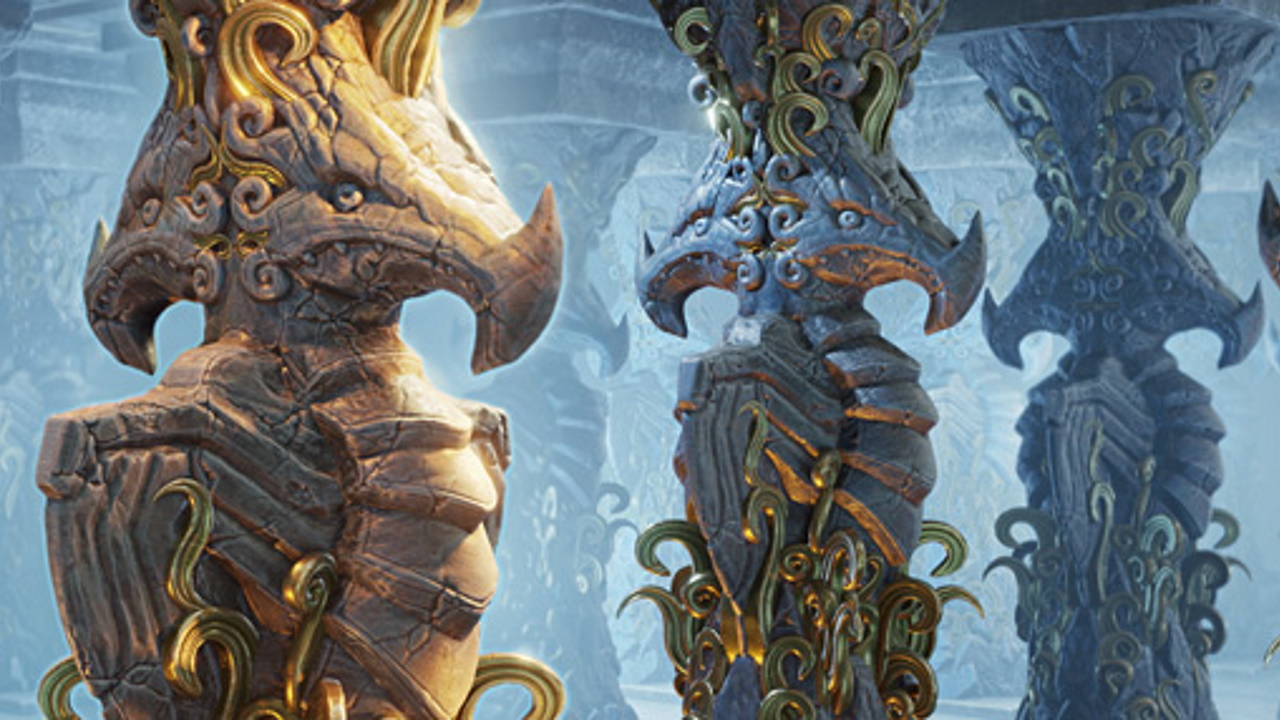
A new 3DMark Feature Test has been released, ticking off another new coding trick introduced by DirectX 12 Ultimate, and enabled by AMD and Nvidia's graphics architectures. Though our early testing shows the Nvidia RTX 3080 with a hefty lead over the AMD RX 6800 XT.
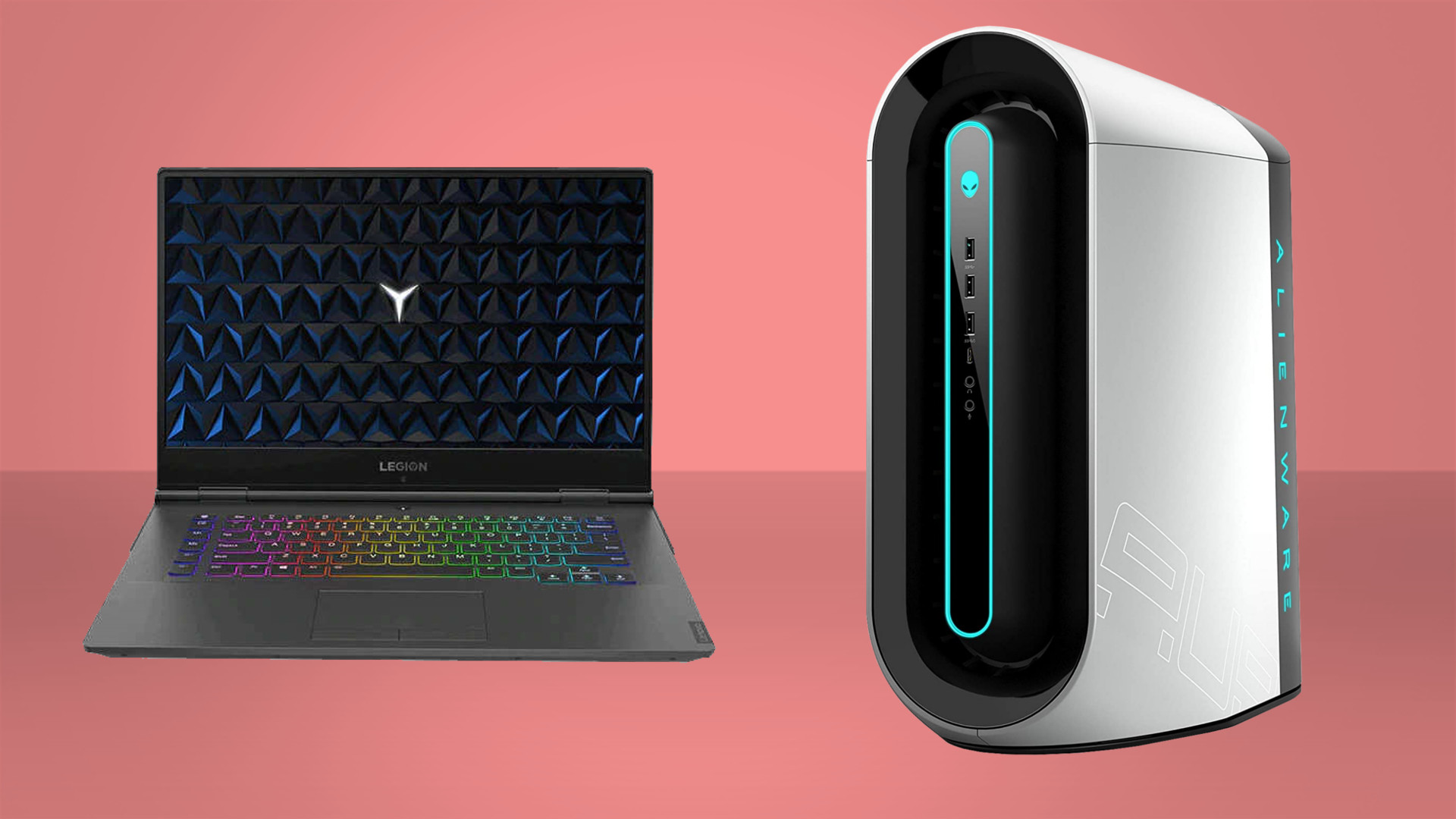
Best gaming PC: the top pre-built machines from the pros
Best gaming laptop: perfect notebooks for mobile gaming
DirectX 12 Ultimate boasts a number of features that will, eventually, make the games of tomorrow that little bit more mandible slackening. One of the more interesting of these is Mesh Shaders, which enable developers to boost performance by changing the way that unseen polygons are culled. Yeah, it may sound a bit dull, but stick, with it, as this is something you want developers to get behind.
Why should you care? Because there's potentially a massive untapped performance boost if handled correctly. You're looking at almost eight times the framerate compared to traditional rendering, at worst. And in case you're wondering, yes, it looks exactly the same, it just changes how the 3D models are handled in game engines.
The venerable graphics benchmark, 3DMark, has just received an update that focuses on this new technology. The new Mesh Shader Feature Test presents a fairly simple looking room inhabited by the same incredibly detailed column replicated hundreds of times. To be honest, it doesn't look all that incredible, but this is a technical demo, and the actual model isn't that important.
The benchmark runs the same scene two times: initially using traditional culling methods and then using Mesh Shaders. The scenes look the same, but the performance difference is staggering. I'm talking about going from around 60 fps on the latest almost-impossible-to-buy Nvidia hardware to almost 600 fps.
As this is a DirectX 12 Ultimate feature, both Nvidia and AMD latest cards support it, which had us reaching for both the RTX 3080 and the RX 6800 XT to test it out. There's good news for both, although there's definitely more good news for Nvidia, depending on how you look at it.
| Header Cell - Column 0 | Mesh Shaders Off | Mesh Shaders On | Difference |
|---|---|---|---|
| RTX 3080 | 67.32 fps | 584.09 fps | 767.6% |
| RX 6800 XT | 28.09 fps | 468.77 fps | 1,568.8% |
Nvidia's RTX 3080 manages a very healthy framerate to start with—67 fps is plenty smooth enough. Switching to Mesh Shaders delivers on the promise though, and you're looking at 584 fps, which is a framerate I can get behind.
Keep up to date with the most important stories and the best deals, as picked by the PC Gamer team.
The performance of the Radeon RX 6800 XT is less impressive to start with, and ultimately it still trails behind Nvidia's card once Mesh Shaders are implemented, but that does mean it can lay claim to a simply ridiculous 1,568 percent improvement.
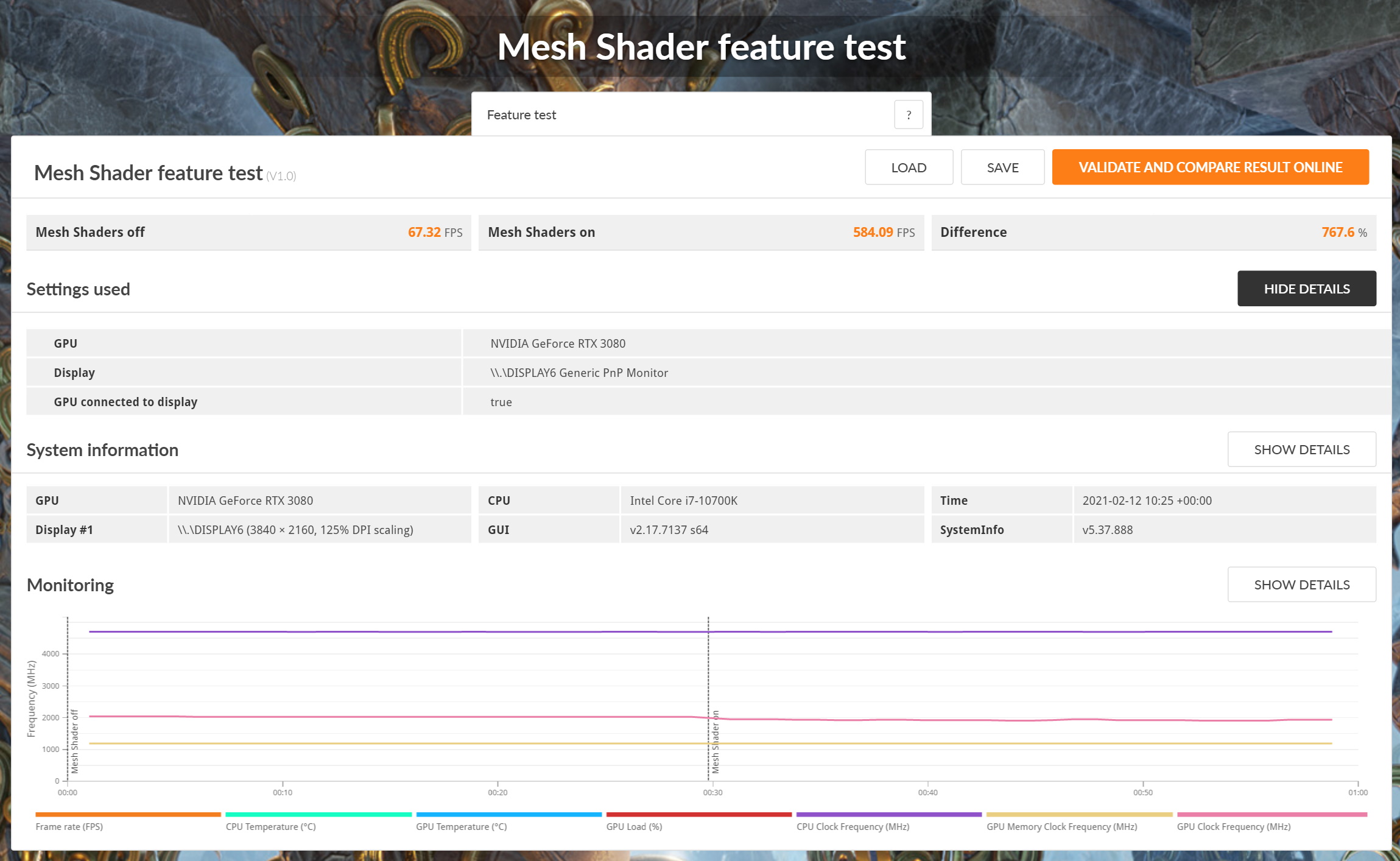
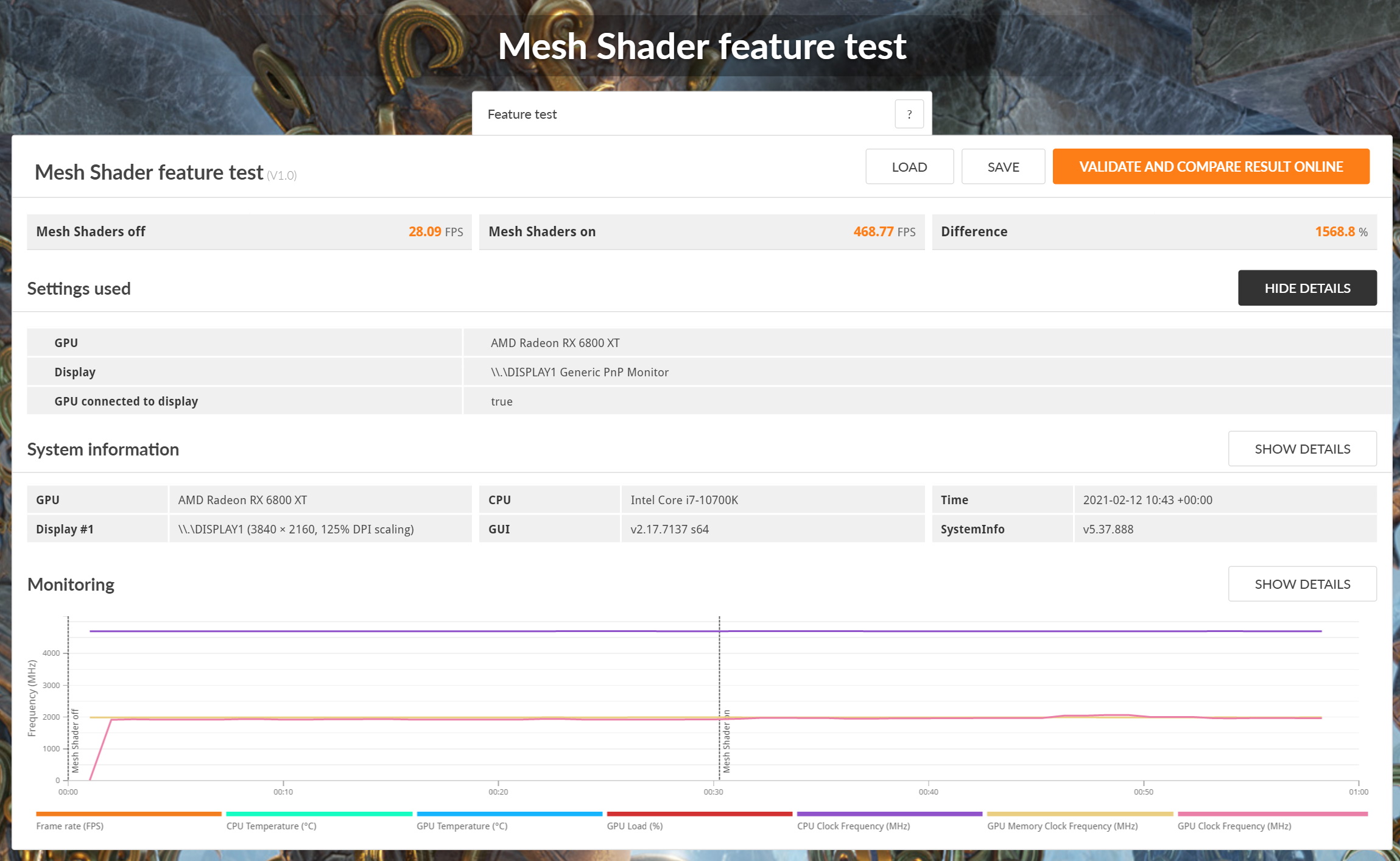
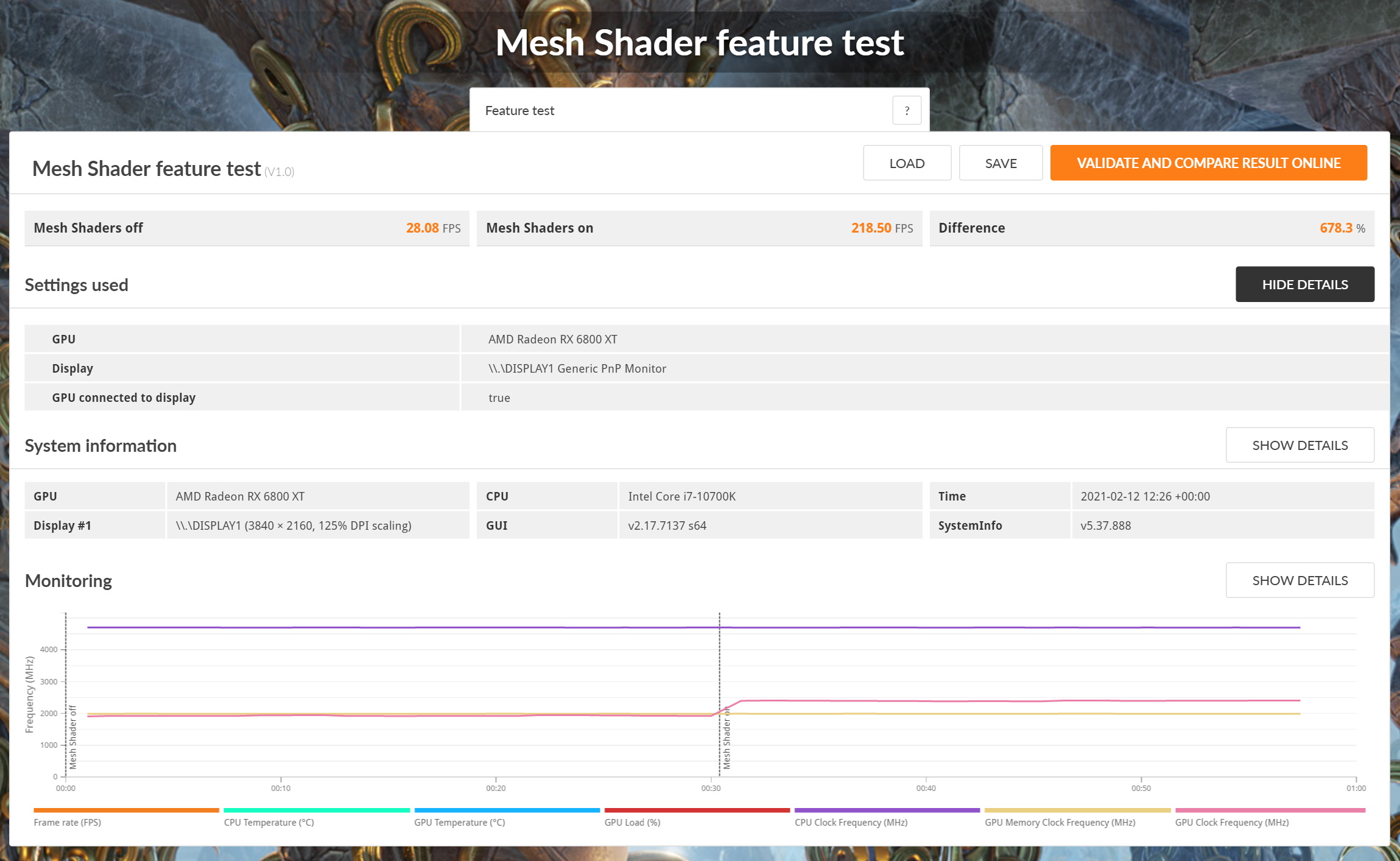
This is using the latest drivers for both cards, which in the case of AMD's GPU represents a significant boost over the previous driver. You'll find the screenshot of the performance above, but with the new drivers you're looking at 469fps as opposed to 219fps with the previous driver.
Nvidia does have an undeniable lead here, both using traditional culling methods and Mesh Shaders. That's perhaps not a huge surprise given that Nvidia has been touting the benefits of Mesh Shading since it introduced support back in 2018 with the Turing architecture of the RTX 20-series cards.
But honestly, if the takeaway is that we're going to be seeing a massive uptick in frame rates by moving over to Mesh Shaders, then I don't mind which card I have. Honestly, I just want to be able to actually buy one of them.
Alan has been writing about PC tech since before 3D graphics cards existed, and still vividly recalls having to fight with MS-DOS just to get games to load. He fondly remembers the killer combo of a Matrox Millenium and 3dfx Voodoo, and seeing Lara Croft in 3D for the first time. He's very glad hardware has advanced as much as it has though, and is particularly happy when putting the latest M.2 NVMe SSDs, AMD processors, and laptops through their paces. He has a long-lasting Magic: The Gathering obsession but limits this to MTG Arena these days.


